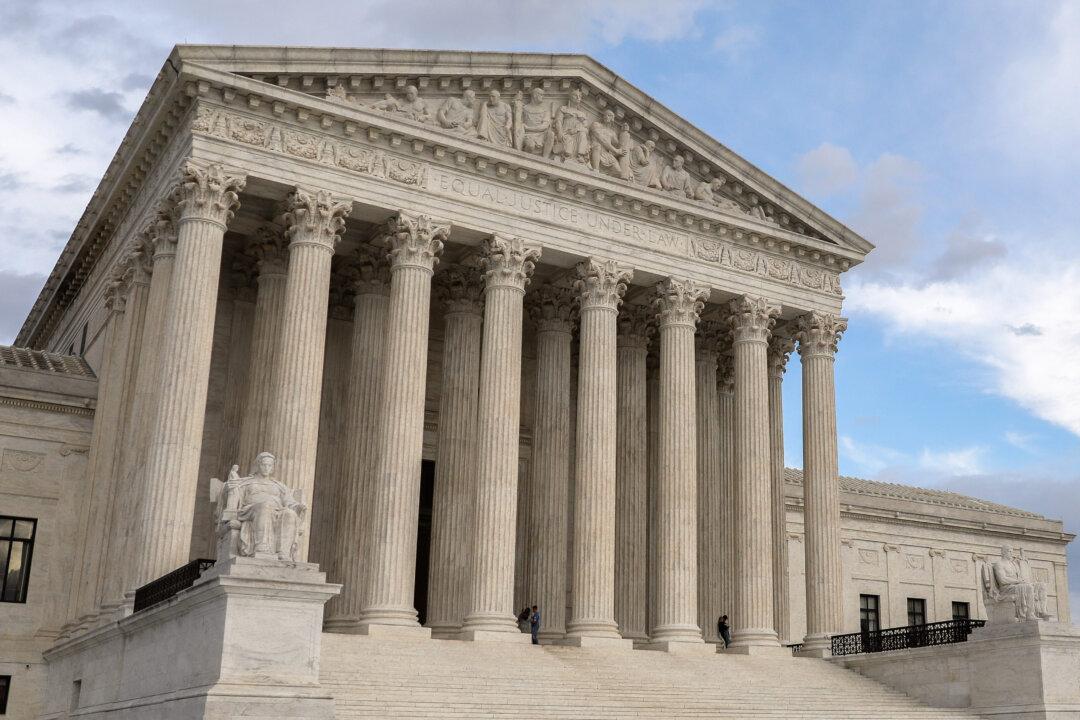The Supreme Court heard two cases challenging laws in Washington and Colorado that require members of the Electoral College in every quadrennial presidential election to cast their ballots in favor of the winner of that state’s popular votes.
Some justices expressed concern during oral arguments on May 13 that not requiring electors to vote in accordance with the wishes of popular voters in their state could lead to political upheaval and debilitating chaos.





